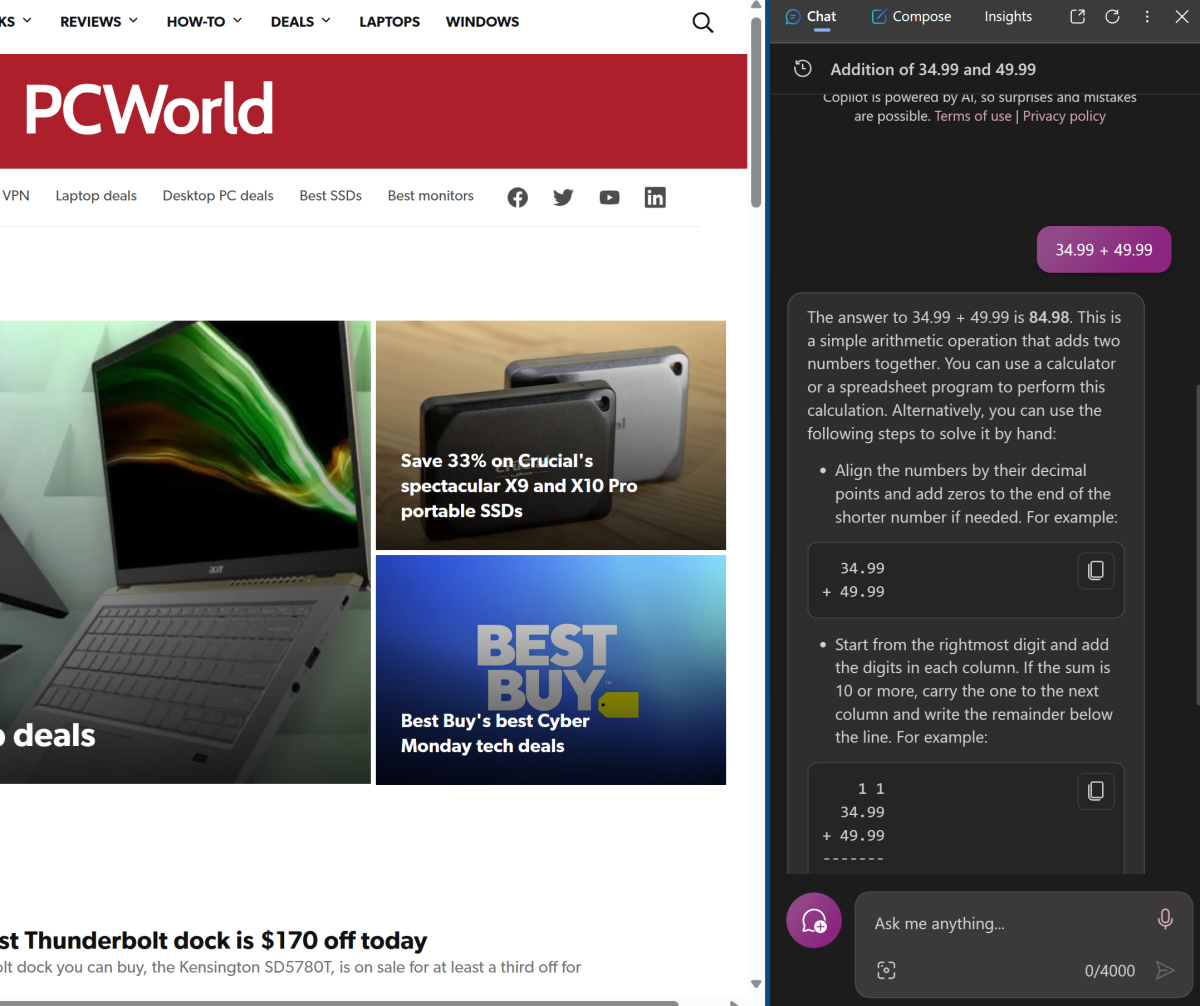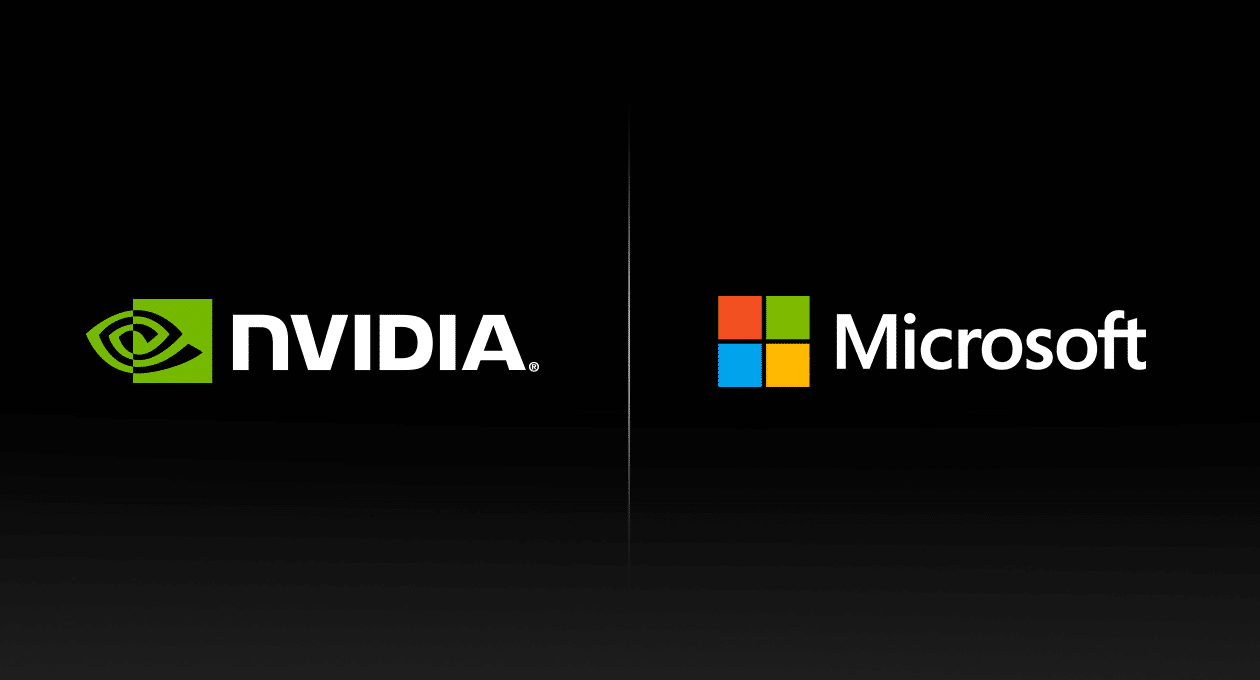
Microsoft, the tech giant, is reportedly working on introducing a new local version of its AI model, Copilot. This comes after Microsoft's recent unveiling of Phi-3-mini, a smaller AI model that can run locally on devices such as PCs and smartphones. According to various sources, including Microsoft itself and industry experts like Anton Korinek from the University of Virginia and Gil Luria from D.A. Davidson, this new local version of Copilot could revolutionize the way we use AI in our daily lives.
Microsoft's Phi-3-mini is a significant step forward in the field of AI, as it requires less processing power and data compared to larger models like GPT-4. This makes it an affordable option for individuals and businesses that cannot afford the high costs associated with larger AI systems. Moreover, local storage of data ensures that user information remains private and secure.
The new local version of Copilot is expected to be a game-changer in various industries, from automotive to healthcare. For instance, automakers can use Copilot for chatbot services in dealerships to answer customer queries about car models and features. In the healthcare sector, doctors and nurses can use Copilot for quick diagnosis and treatment recommendations based on patient data stored locally.
Microsoft's move towards smaller AI models is a response to the growing demand for affordable AI solutions that can run efficiently on edge devices. This trend is expected to continue as more companies explore the potential of local AI systems in various industries.
Despite Microsoft's reputation as a tech giant, it faces competition from other players in the market, including Google and OpenAI. However, Microsoft's focus on smaller AI models could give it an edge over its competitors by catering to a wider audience that cannot afford larger AI systems.
In conclusion, Microsoft's new local version of Copilot is an exciting development in the field of AI. It offers a more affordable and secure alternative to larger AI systems while maintaining high performance levels. As the demand for local AI solutions continues to grow, Microsoft's move towards smaller models could prove to be a smart business decision.



